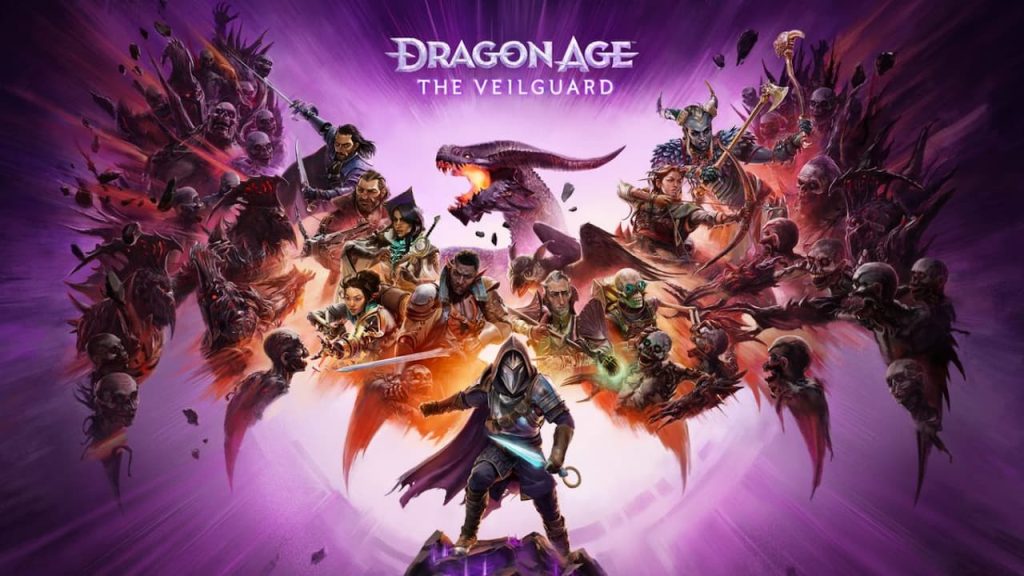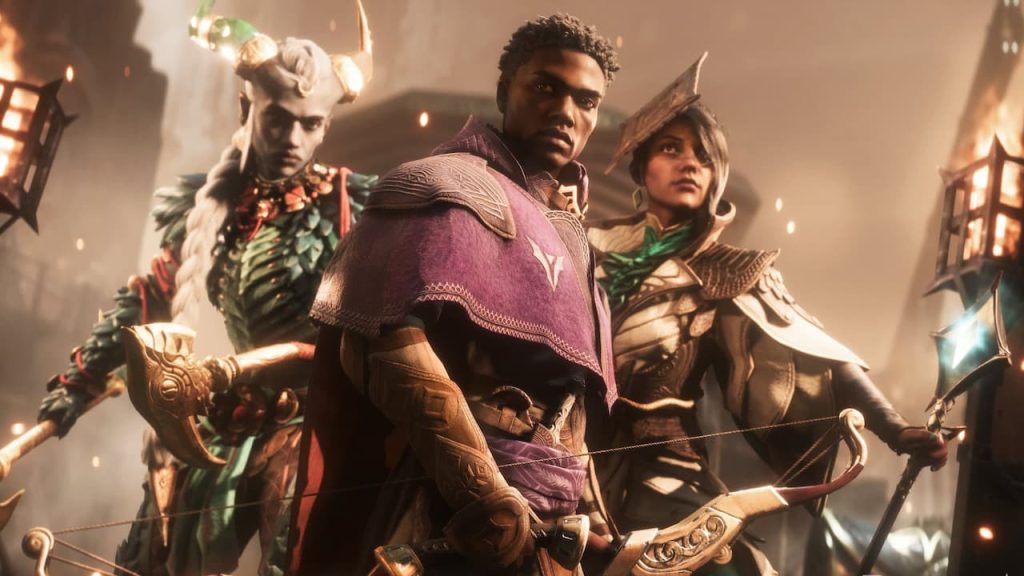“Too many cooks spoil the broth” is a genuine statement that applies to many creative industries.
Dragon Age: The Veilguard is an RPG title, developed by BioWare, and published by EA. However, this title was delayed due to some unforeseen reasons, which recently came to light.
Video game projects need various elements such as creative brains, technological resources, and storytelling skills which must work together to create an immersive and engaging video game for the fans. However, as the phrase goes, “too many cooks spoil the broth,” and this notion is strongly felt within the gaming industry, especially in the case of Dragon Age: The Veilguard.
 Dragon Age: The Veilguard is published by EA. (Image via EA)
Dragon Age: The Veilguard is published by EA. (Image via EA)
Due to a large team at BioWare, several minds began providing different directions, resulting in turmoil during the production of Dragon Age: The Veilguard which eventually got delayed.
Why “Too many cooks spoil the broth” is indeed true and how it affected Dragon Age: The Veilguard
 Final Fantasy VII Rebirth (Image via PlayStation)
Final Fantasy VII Rebirth (Image via PlayStation)
In a recent interview with EDGE, Hamaguchi explains the influence of Yoshinori Kitase, director of the original Final Fantasy 7 and producer of the remakes, stating that, while he was willing to consider Kitase’s suggestions and perspective, Final Fantasy 7 Remake and Rebirth would not be what it is, if designed by a committee.
Too many cooks spoil the broth.
Hamaguchi also says that if too many minds give ideas and opinions on what needs to be done, the work can easily lose its charm.
The contrast between Final Fantasy 7 Rebirth and Dragon Age: The Veilguard highlights an important obstacle in game design. The development teams need to find the correct mix between cooperation and a clear, solid vision. Effective game design is all about imagination, and it takes an organized strategy to ensure that all teams function seamlessly.
Tetsuya Nomura’s attitude demonstrates the successful adoption of user and team feedback while remaining focused, allowing the team to innovate without losing sight of what makes a game unique. On the other hand, Bioware’s troubles highlight the need for a clear guided vision, which forced them to remove this many companions from the game.
Problems faced by Bioware during the production of the Dragon Age: The Veilguard
 Dragon Age: The Veilguard is an RPG game (Image via BioWare)
Dragon Age: The Veilguard is an RPG game (Image via BioWare)
Dragon Age: The Veilguard is a prime example of the effects of “too many cooks.” Bioware, a studio recognized for storytelling and character development, experienced tremendous obstacles during the game’s production. According to many reports, the project suffered from a lack of clear direction and competing design ideologies. With so many diverse creative voices competing for control, the outcome was a disjointed narrative and gameplay experience that failed to connect with their devoted audience.
Internally, the production team argued to make decisions about gaming mechanics, story arcs, and character development, resulting in an inconsistent vision. The frequent rewrites and changes in direction delayed the game’s release and contributed to a slew of broken promises that fans had anticipated from the Dragon Age series. This instance demonstrates that, while inclusivity and diverse input can benefit a project, an abundance of voices without an organizing structure can result in chaos and confusion.
This is why a strong organized framework is necessary in any creative workplace, which will be able to guide their team.
Hamaguchi and Kitase revealed at a recent seminar in Korea that the third and final installment of the Final Fantasy trilogy was in the works. Thanks to Hamaguchi’s development style, Square Enix has already had two amazing successes, so anticipation for the last act is already very high.
With big names like Kitase and Hamaguchi guiding the dev team, what are your expectations from the final part? Let us know.





